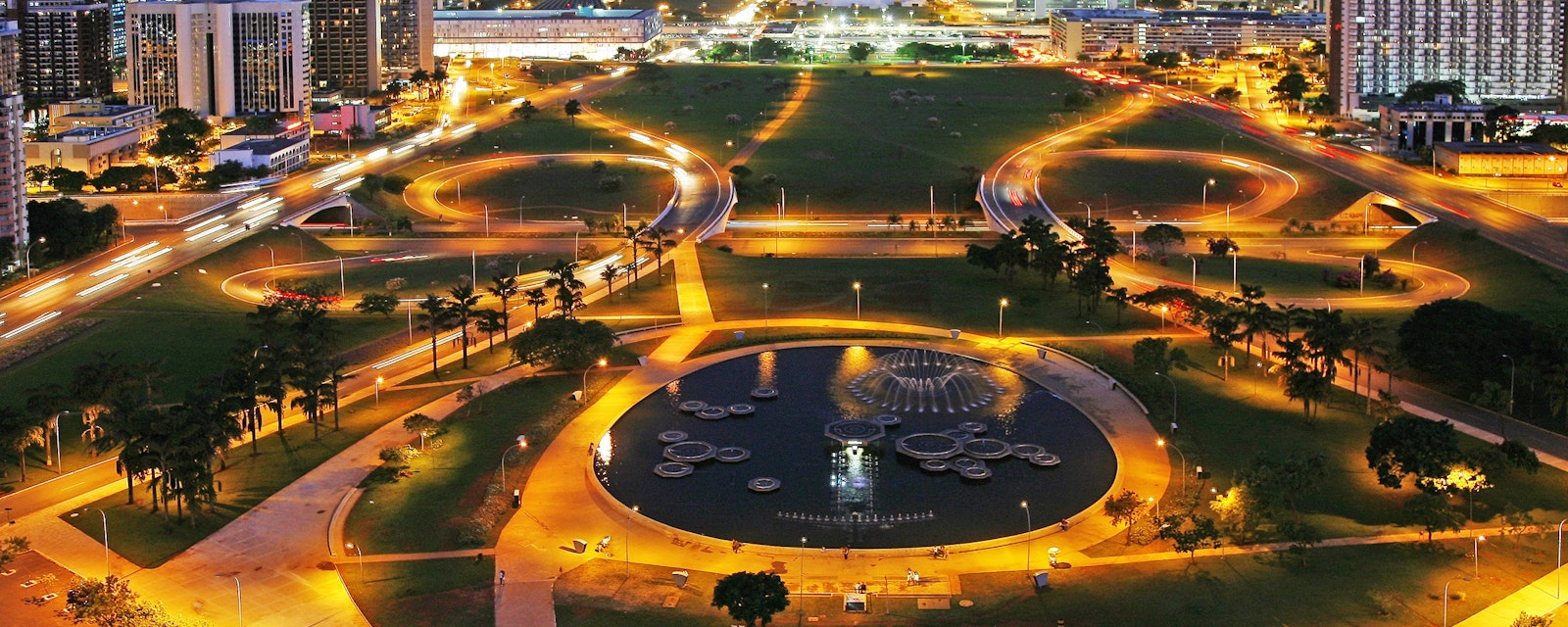As an electoral year, 2022 legislative bills will tend to advance only as they reflect the electoral interests of Congress or the government. President Jair Bolsonaro remains the main rival to Luiz Inacio Lula da Silva in the polls – but Lula's poll lead means that a run-off is not guaranteed. Changes of party will be allowed until 1 April and may signal important trends for the presidential race.
Congress resumed work on 2 February following the summer parliamentary recess that started on 23 December 2021. The period was far from quiet for President Jair Bolsonaro, who failed to visit areas affected by floods and landslides in various parts of the country; faced strong criticism from public servants for including only security forces in wage increases under the 2022 Budget Law; and rekindled tensions with the Supreme Court (STF) by disobeying an order to testify personally in a case where he is implicated for leaking confidential information about an investigation. The president remains resilient at 20% of voting preferences in the polls, but former president Luiz Inacio Lula da Silva (2003-2011) is increasingly expected to win the October 2022 elections, possibly in the first round.
Congressional Priorities
Only initiatives that have electoral benefits for legislators are likely to advance in Congress this year. Beyond that, some activism from House Speaker Arthur Lira, who aims to leave a mark as a strong leader, can be expected. This is why priorities will start with the overturn of presidential vetoes on spending items relating to social programs, the electoral fund, and assistance to micro-enterprises. Congress should therefore promptly overturn Bolsonaro’s vetoes that would lower the electoral fund from BRL 5.7bn (USD 1.1bn) to BRL 4.9bn (USD 900mn) and block the refinancing of debts for microenterprises. Congress should also resume talks for a constitutional amendment that would lower state level value-added tax (ICMS) on fuel as a means to lower the price of gas at the pump. As for public sector workers and their demands, Congress will leave it for the president to resolve. Talk of tax reform is still alive but no real reform should come out of it.
Early Signals
A pro-Lula wave continues to grow as Bolsonaro doubles down on his die-hard supporters to reach the run-off, assuming the “democratic center” fails to coalesce or produce a strong enough option to take his place. Potential candidates include the center-left PDT’s Ciro Gomes, the center-right PSDB’s Sao Paulo governor Joao Doria or the PODEMOS former Carwash judge Sergio Moro. Bolsonaro may be right in discarding a threat from the right despite fissures that have begun to appear in his own electoral base, particularly after the death of former far-right guru Olavo de Carvalho on 24 January; Carvalho had been critical of the president for half of his time in office. Bolsonaro is wrong, however, in discarding a Lula victory already in the first round. Eight months away from the finishing line, it is too early to project, but the current scenario may be more forcefully confirmed in just a few months.
Electoral Dynamics
A key date in this election cycle is 1 April. That is when a “party window” that opens on 3 March closes for legislators to change parties without losing their mandates. This is especially important this year since single-election, locally-driven party coalitions will be replaced by four-year nationwide federations and a flight to bigger, resource-rich parties is expected. For the presidency, the date will be especially important for other reasons. For one, it will serve as an indication of the support Bolsonaro and his new party, the Liberals (PL), will have at the state and municipal level. Most importantly, however, this deadline will indicate whether potential contenders, especially Moro, will remain in the race or abandon it in the face of poll numbers. A very plausible scenario is for Moro to opt to run for a Senate seat, in which case he could leave PODEMOS not to get in the way of the re election of an old ally, former presidential contender Alvaro Dias, who is also from Moro’s home state of Parana. In other words, already by 1 April, the main centrist presidential contender may signal he will likely not register his candidacy for president by the deadline of 15 August.
Pending Item
The main pending item at this stage is whether the deadline for the conformation of party federations will be extended beyond 31 March – a decision that should be taken by the STF this week. Lula’s Workers’ Party (PT) may be the most adversely affected in the absence of an extension since it may be too early for other leftwing parties, such as the Socialists (PSB), to take a final stand on governor races in some states (particularly in Sao Paulo). Lula’s candidacy should not be affected since it feeds directly on popular support, but the PT may forego significant institutional support at influential political hubs nationwide. A federation that may have less difficulty emerging is the one between the newly formed Brazil Union (Uniao Brasil) – a center-right merger of the former democrats (DEM) and Bolsonaro’s former party, the social liberals (PSL) – and Moro’s PODEMOS, which makes his decision by 1 April to remain or leave the party (see above) all the more important.




